10. Babylon (Damien Chazelle)

In busting open the inner secrets of show business and taking a look at the darkness beneath Hollywood’s glitz and glamor, precocious wunderkind Damien Chazelle appears to have markedly changed his tenor since his “La La Land” days, shifting from rose-tinted tributes to strikingly caustic cautionary tales.
“Babylon”, a go-for-broke, sprawling epic about silent-era Hollywood starring Margot Robbie and Brad Pitt, manages to look past Tinseltown’s glossy surface and brazenly expose the dark underbelly that keeps its dream factory up and running. Rendering the bacchanalian debauchery of “La Dolce Vita” and unhinged chaos of “Boogie Nights”, Chazelle uncorks a black-hearted opus that should come across as less of a bittersweet celebration than a mournful eulogy.
9. Nope (Jordan Peele)
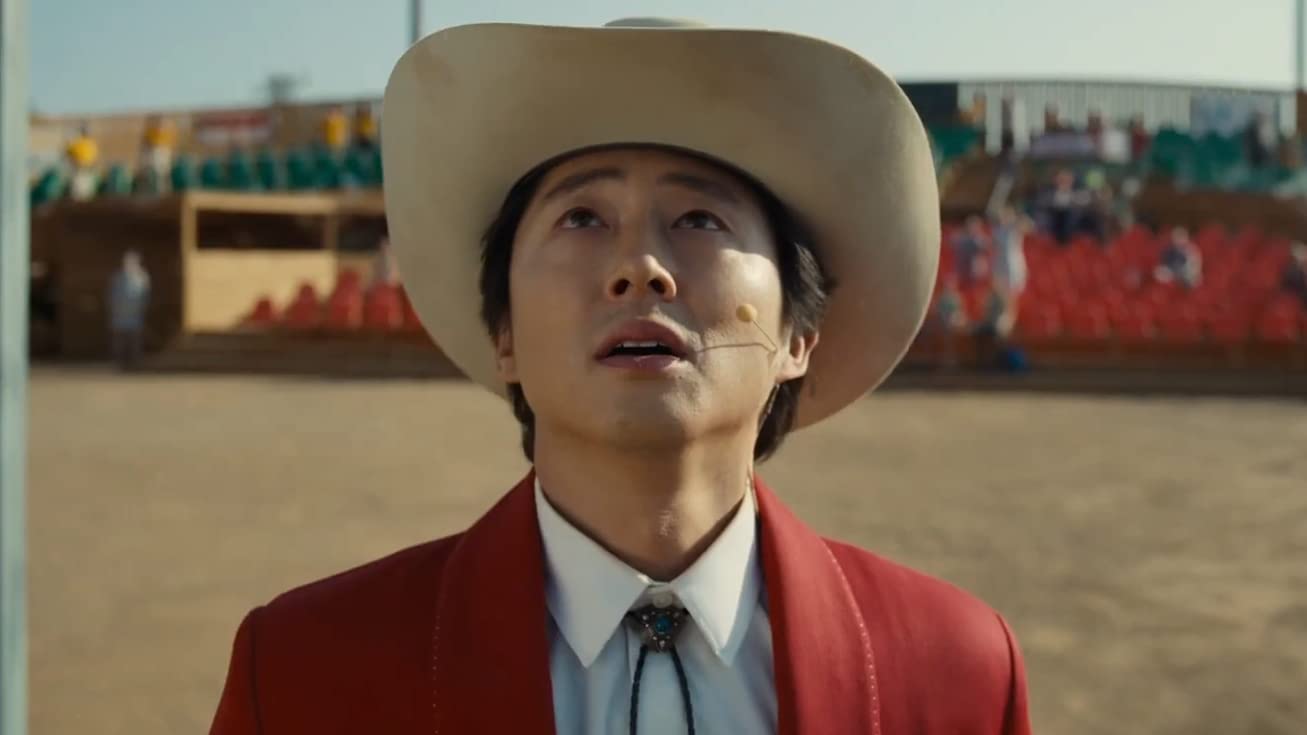
There was never any doubt that former comedian-turned-trailblazing auteur Jordan Peele would give audiences exactly what they wanted by providing what they least expected in his next project. If nothing else, “Nope” further cemented his reputation as the single most intriguing director of his generation—if not the most important too—with the rare high-profile title that thoroughly transcends categorization.
Equal parts an old-fashioned Spielbergian sci-fi-horror, revisionist neo-Western, and biting anti-Hollywood cautionary tale, this genre mash-up embraces all sorts of familiar movie tropes only to flip them all over—providing a blunt portrait of how the entertainment business turns tragedies into profitable content. In a nutshell, a crowd-pleasing blockbuster effectively designed to bust open every crowd-pleasing blockbuster committed to celluloid.
8. TÁR (Todd Field)
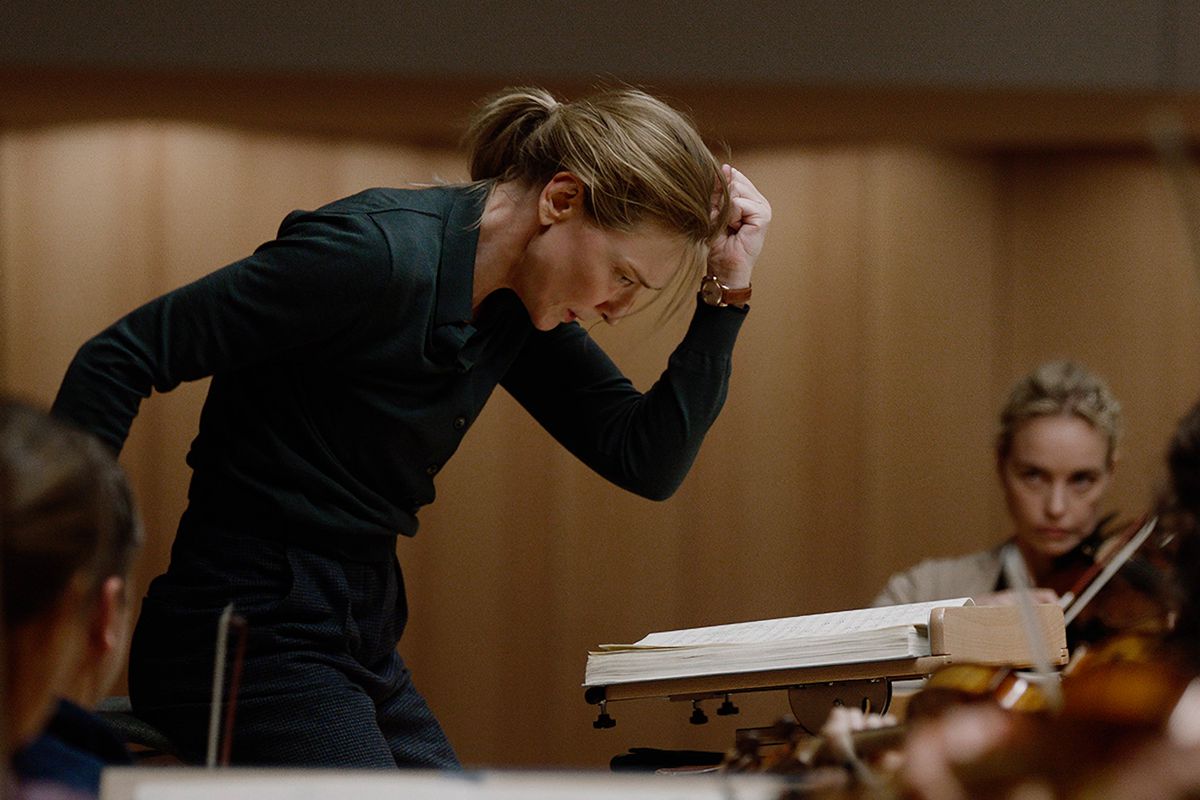
Public figures exert an incredible amount of power and influence that the rest of us mere mortals could never dream to achieve in a million years. But the bigger they come, the harder they fall—or so is suggested in Todd Field’s densely-layered and enthralling fictional biopic.
Cate Blanchett virtually disappears in her role as Lydia Tár, a world-famous orchestra conductor whose godlike genius is only upstaged by her own, king-sized hubris. Tár’s forced-upon public persona projects an aura of divine invulnerability and iron-fisted authority, which makes her inevitable fall from grace all the more intriguing, especially as it is left up to each viewer to draw their own conclusions. By wisely foregoing any kind of reductive platitudes or vacuous virtue-signaling, “TÁR” manages to say more about gender, art, privilege, and today’s cancel culture throughout its 158-minute runtime than any given op-ed you might read this year.
7. Decision to Leave (Park Chan-wook)
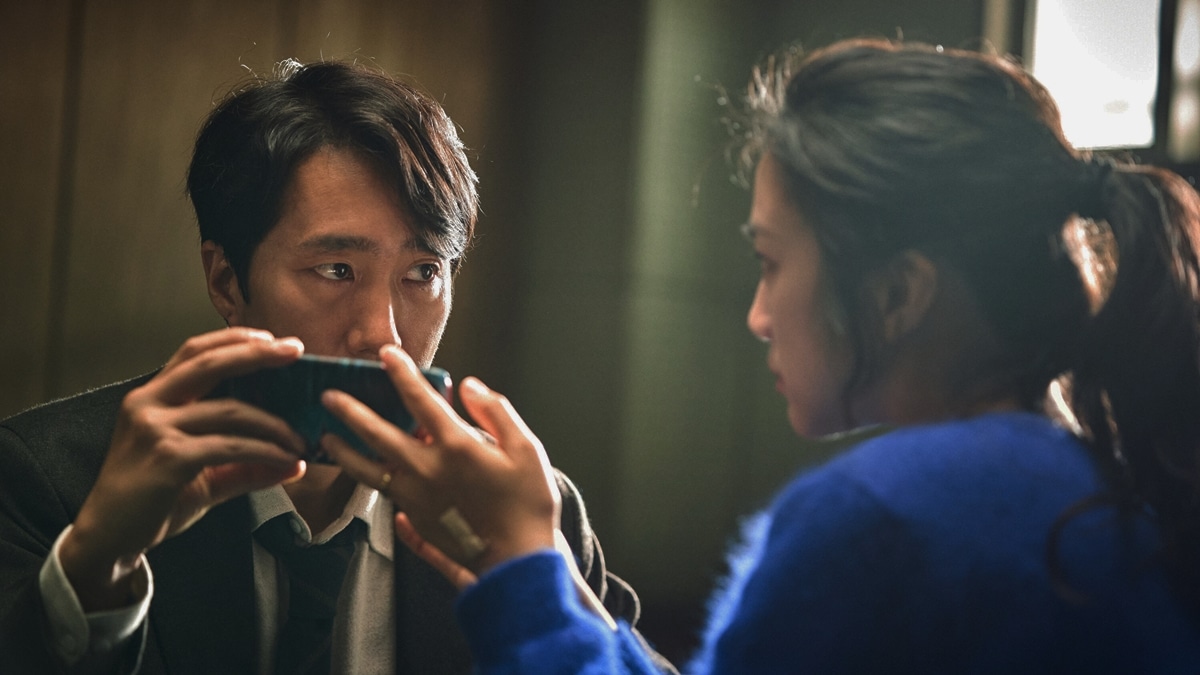
For the most part, Park Chan-wook’s reputation stems from his brutal tales of revenge, all of which stand as landmark studies in hyper-stylized action that provided the South Korean with a cult following overseas. But beneath the wolf’s clothing beats a sheep’s heart, for the South Korean director, despite his darkly warped obsessions and unmatched bravado, is more of a romantic than his devotees might let on.
In “Decision to Leave”, Park blessed us with a crime procedural only he himself could’ve mustered—a cross-pollination of Hitchcockian tropes, fatalistic noirs, and sumptuous eroticism in which a young detective falls heads over heel in love with the prime suspect of his homicide case. If not as flashy or edgy as his early aughts’ actioners, his latest offering feels just as ferociously incisive; a dizzying mystery delivered through a blitzkrieg of twists, hypnotic visuals, and romantic obsession.
6. Apollo 10½: A Space Age Childhood (Richard Linklater)
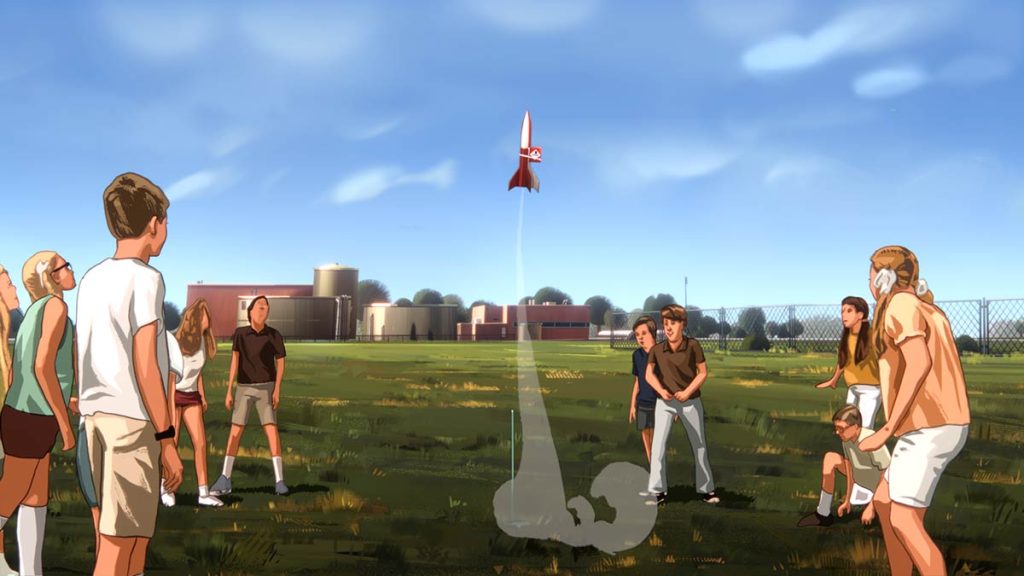
For the entirety of its 95-minute runtime, Richard Linklater’s stroll down memory lane, filtered through the lens of a fourth grader who’s recruited by NASA in late-’60s Houston, provides less of a unified narrative than a bundle of quotidian vignettes loosely strung together by vibes only.
Hewing closely to semi-autobiographical time capsules like “The Tree of Life” and “Licorice Pizza”, Linklater’s latest offering manages to cling to the mind by crystallizing fleeting moments with vivid detail and specificity. We’ve known for decades that Linklater’s work has been inspired by his own childhood memories, which makes this rotoscoped stream of consciousness a heartfelt addendum to “Dazed and Confused”, “Boyhood”, and “Everybody Wants Some!!”. Deeply affectionate but never sappy, “Apollo 10½” blurs the lines between memory and fantasy; suggesting that the former distorts reality just as much as the latter.
5. Triangle of Sadness (Ruben Östlund)
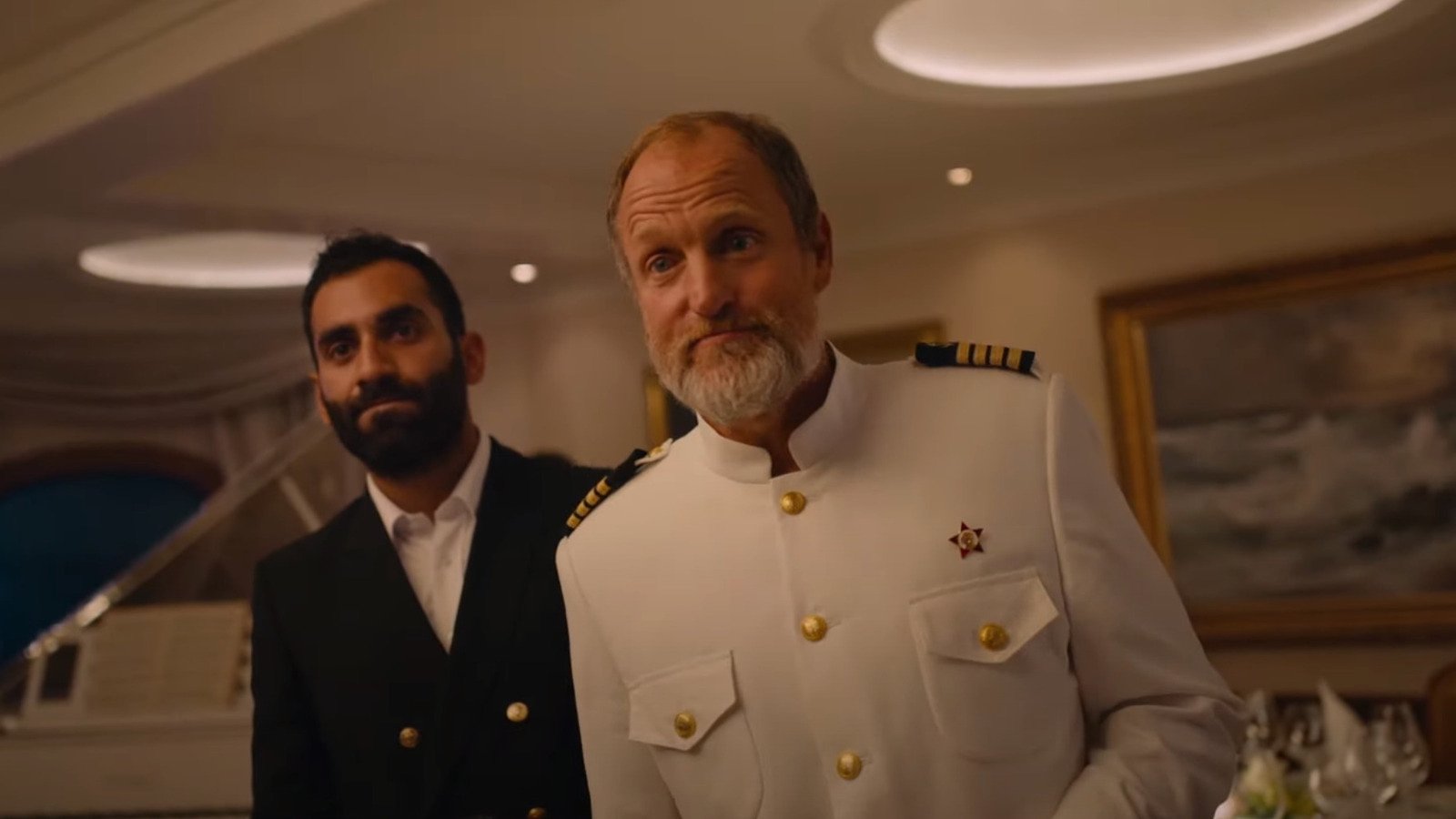
Born provocateur and two-time Palme d’Or winner Ruben Östlund is a man of many talents. Subtlety and restraint, however, do not appear to be anywhere near his strong suits. Unsurprisingly for anyone already acquainted with the Swedish’ incendiary work, his latest class satire is as blunt as an meataxe, overly self-satisfied, and outrageously smug. It also happens to be profoundly funny and easily one of this year’s finest.
“Triangle of Sadness”, a three-legged schadenfreude that is best described as “Parasite” done by way of Buñuel, casts an unwavering eye on a riotous clique of rich passengers—from entitled online influencers, perma-drunk Russian oligarchs, and Marxist boat captains—all rubbing shoulders with each other in a 100-meter luxury yacht. The film runs the gamut from awkwardly scatological to depressingly cynical, and made us wince and gasp at the big screen more than any other in 2022.
4. The Banshees of Inisherin (Martin McDonagh)
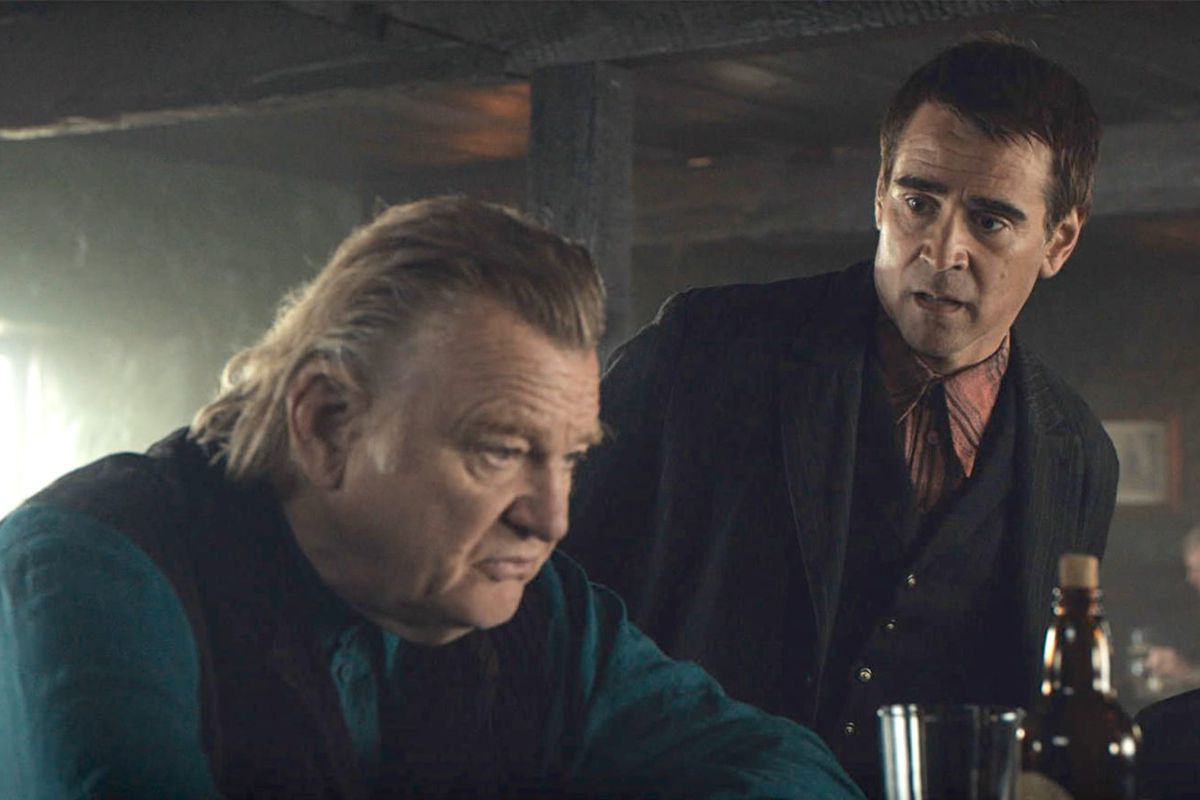
The seemingly banal disagreement between two lifelong drinking buddies at a small Irish pub circa 1923 serves as the jumping-off point for Martin McDonagh’s darkly comic, lived-in meditation on friendship, in which aging fiddle player Colm (Brendan Gleeson) cuts ties with his kind but dim-witted best pal Pádraic (Colin Farrell) after abruptly declaring one day he’s simply done talking with him.
Tension escalates, grudges are held, and fingers are sheared off as the ongoing feud between the two former friends is driven to violent, life-changing extremes—all while artillery fire from the Irish Civil War rages in the background. Deceptively simple but improbably illuminating, “The Banshees of Inisherin” lays bare the emotional fault lines running beneath everyday lives while sliding towards a disquieting conclusion; that kindness is not always enough.
3. After Yang (Kogonada)
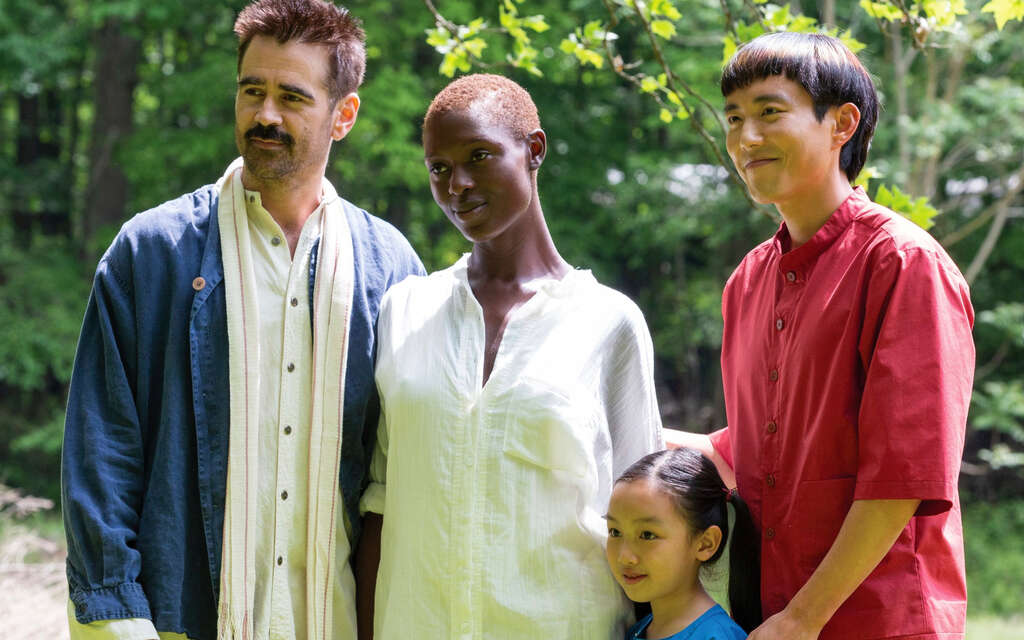
Video essayist-turned-filmmaker Kogonada stirred up deeper truths in his sophomore feature, an achingly poignant sci-fi movie that will warm even the coldest heart, in which the technical malfunction of a companion android robot named Yang forces the members of a family to contemplate the nature of the relationship they shared with it.
What at first blush might seem like a tired-sounding premise already probed and fleshed out elsewhere in the genre is given a radically new expression and rendered into an intimate, and surprisingly tactile examination of love, identity, memory and loss. “After Yang” is overflowing with ideas about the all-pervasive presence of technology and artificial intelligence in our lives, and many of its astute observations will linger in your mind for long after the credits roll.
2. Everything Everywhere All at Once (Daniels)
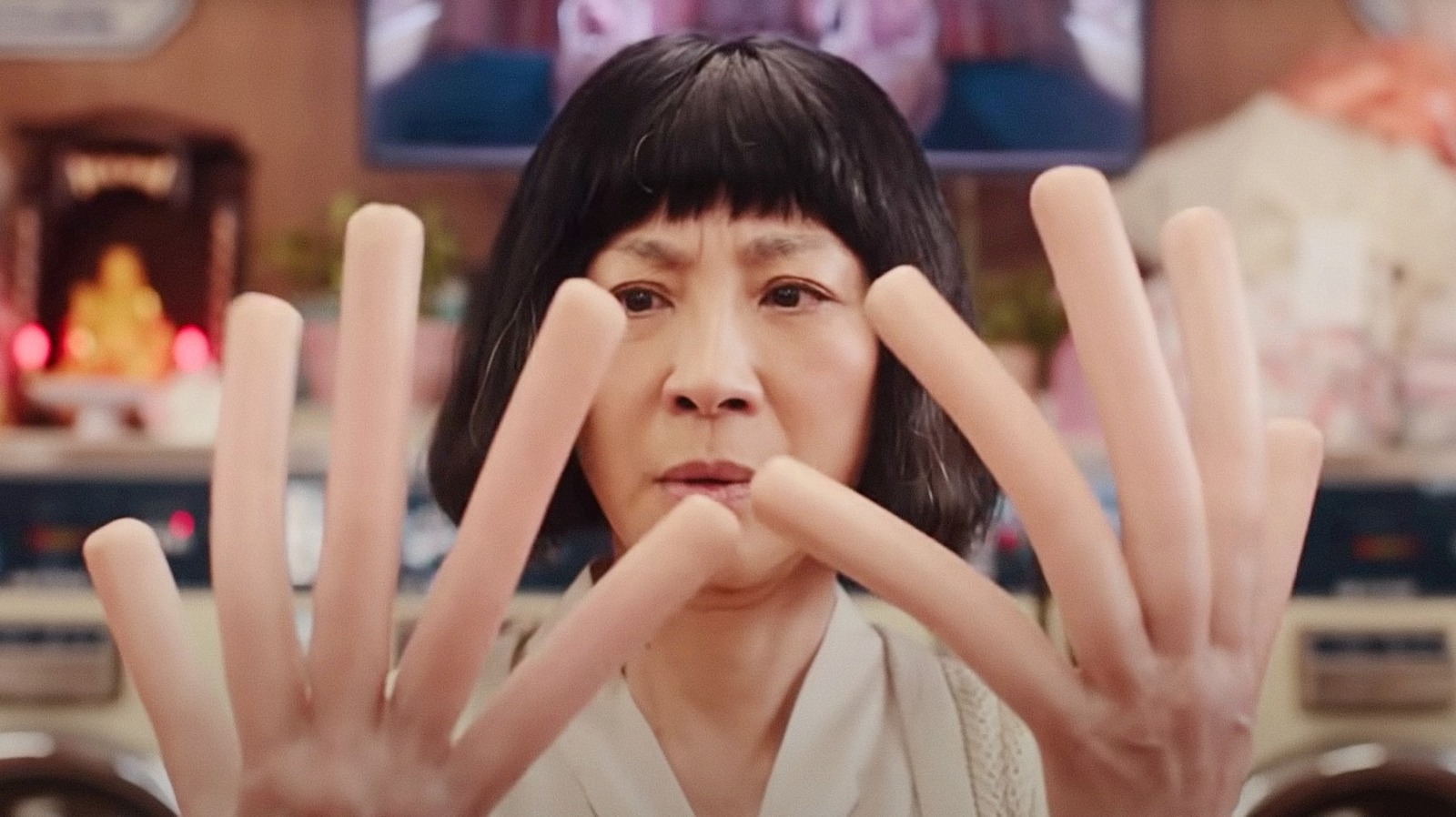
So, what is Daniel Scheinert and Daniel Kwan’s smash hit exactly about?
Well, for starters, it’s about a Chinese-American laundromat owner being audited by the IRS. It is also about a middle-aged woman trying to reconnect with her rebellious daughter and crestfallen husband while barely making ends meet; a cartoonishly overstuffed sci-fi-slash-kung fu splatter extravaganza about a world-destroyer named Jobu Tupaki who wants to wipe out the multiverse with a bagel, and a 2-hour-long rebuttal of the cynical notion that nothing matters.
Fittingly for its title, “Everything Everywhere All at Once” offers a little something for every crowd—from “Ratatouille” spoofs to Wong Kar-wai homages. Most importantly, it’s the rare kind of hip blockbuster with a goofy concept solidly backed by compelling drama that truly earns all its emotional punches.
1. Aftersun (Charlotte Wells)
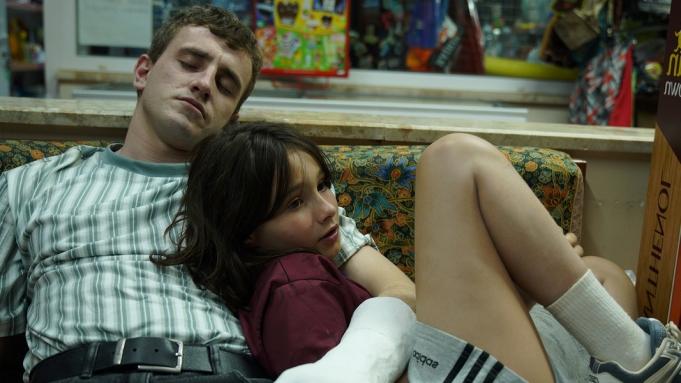
Everyone has unfinished business with the past. Almost tangible but ever so elusive, the only way to revisit it is through the scattered memories that remain etched like cave paintings in our minds. Charlotte Wells’ remarkably assured debut, the best movie of 2022, is perhaps as close as cinema has gotten to imprinting someone’s childhood memories directly onto film.
Everything in “Aftersun” seems to cast a dreamy glow; stretching in and out from the mind of Sophie, now a grown woman, who reminisces about the summer vacation she once spent with her dad at a coastal Turkish resort when she was eleven years old. Toggling between the universal and the specific, Wells’ father-daughter memoir piece ebbs and flows like a hazy dream, suspending time and capturing fleeting moments that nevertheless carry an enormous weight. And yet, it’s what is only hinted at and ultimately left unanswered that will haunt you the most.